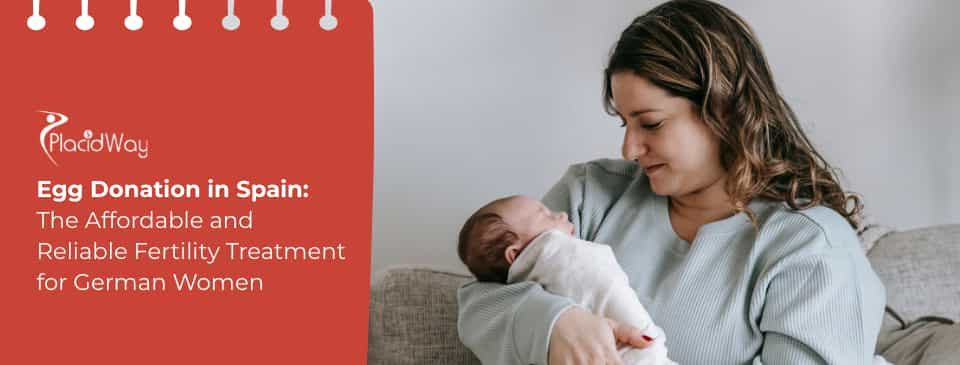
Looking for a reliable yet affordable fertility solution? Egg donation in Spain has become a top choice for many German women who want to start or grow their families without facing the high costs and long waiting lists back home. With advanced clinics, experienced specialists, and transparent treatment options, Spain offers a welcoming path to parenthood.
Key Takeaways
-
Legal Accessibility: Egg donation is strictly prohibited in Germany under the Embryo Protection Act. In contrast, Spain has a robust legal framework (Law 14/2006) that permits anonymous and altruistic egg donation, making it a primary destination for German patients.
-
High Success Rates: Spanish egg donation clinics consistently report some of the highest success rates in Europe for egg donation IVF. Due to the use of eggs from young, healthy, and rigorously screened donors, 9 out of 10 patients achieve pregnancy within three cycles.
-
Cost and Availability: While a direct cost comparison is not possible due to the ban in Germany, an egg donation cycle in Spain is an accessible option, with packages typically ranging from €5,000 to €9,000. This provides a clear path to parenthood that is unavailable domestically in Germany.
Your Ultimate Guide to Starting a Family with Egg Donation in Spain
Egg donation is an advanced in-vitro fertilization (IVF) technique where eggs from a healthy, young donor are fertilized with sperm from the intended father or a sperm donor. The resulting embryo is then transferred to the recipient's uterus, allowing her to carry the pregnancy and give birth.
For thousands of German women, the dream of motherhood faces a significant legal barrier at home. Germany's stringent Embryo Protection Act forbids egg donation, leaving many with limited options. This has led them to look across the border to Spain, a country renowned not only for its beautiful landscapes but also for its world-class, progressive, and legally secure fertility treatments. Spain offers a beacon of hope, combining high medical standards, exceptional success rates, and a clear legal framework that protects both donors and recipients.

Why German Women are Choosing Spain for Egg Donation
The primary driver for this medical journey is the stark contrast between Germany's restrictive laws and Spain's well-established, anonymous, and legal system for egg donation, which is supported by a network of highly advanced fertility clinics.
The decision to travel for fertility treatment is a significant one, and for German patients, Spain presents a compelling case. The most critical factor is the legal prohibition in Germany. This legal reality means that for women who cannot conceive with their own eggs, Spain is not just an alternative—it's a necessary destination.
Beyond the legal necessity, Spain offers an environment of excellence. Spanish fertility clinics are among the best in the world, staffed by highly qualified specialists with extensive experience in treating international patients. They utilize cutting-edge technology like time-lapse embryo incubators (Embryoscope) and Preimplantation Genetic Testing (PGT-A) to maximize the chances of a successful pregnancy. Furthermore, Spain has a large and diverse pool of altruistic egg donors, which means there are no waiting lists, allowing treatment to begin almost immediately.
Did You Know? Under Spanish law, the fertility clinic is responsible for matching the donor to the recipient. This matching is done based on phenotypic characteristics (physical traits like hair color, eye color, and skin tone) and blood type to ensure the closest possible resemblance between the mother and the child.
Understanding the Cost: Spain's Affordability and Transparency
While a direct cost comparison with Germany is impossible due to the ban, egg donation in Spain cost is an accessible and transparently priced procedure, with comprehensive packages typically ranging from €5,000 to €9,000.
The financial aspect of fertility treatment is a major consideration. In Spain, clinics are experienced in catering to international patients and offer clear, upfront pricing. The cost provides access to a treatment that is legally unavailable in Germany, making it an invaluable option. To put it in perspective, the cost of a standard IVF cycle with own eggs in Germany can range from €4,000 to over €8,000, without guaranteeing success for women with poor egg quality.
|
Treatment |
Average Cost in Spain |
Availability / Cost in Germany |
|---|---|---|
|
Egg Donation IVF |
€5,000 - €9,000 |
Prohibited / Not Applicable |
|
Standard IVF (Own Eggs) |
€4,000 - €6,000 |
€4,000 - €8,000+ |
What's Included in an Egg Donation Package in Spain?
-
All medical and psychological screening of the egg donor
-
Financial compensation for the donor
-
The donor's ovarian stimulation medication
-
The egg retrieval (follicular puncture) procedure
-
Sperm preparation and fertilization via ICSI (Intracytoplasmic Sperm Injection)
-
Embryo culture to the blastocyst stage (Day 5)
-
The recipient's fresh embryo transfer
Potential Additional Costs
-
Medication for the recipient to prepare her endometrium (uterine lining)
-
Preimplantation Genetic Testing (PGT-A) to screen embryos for chromosomal abnormalities
-
Freezing of surplus high-quality embryos and subsequent frozen embryo transfers
-
Travel, accommodation, and personal expenses in Spain
The Legal Landscape: Anonymity and Altruism in Spain
Spain's Law 14/2006 on Assisted Human Reproduction Techniques provides a secure and ethical framework, guaranteeing strict donor anonymity and defining the act of donation as voluntary, formal, and altruistic.
This legal clarity is a cornerstone of why Spain is so trusted for fertility care. The law ensures that:
-
Donation is Anonymous: The identity of the donor is never revealed to the recipient or the child born from the donation. Likewise, the donor will never know the identity of the family she has helped. This protects the privacy and emotional well-being of all parties.
-
Donation is Altruistic: While donors receive financial compensation, it is strictly for the physical discomfort, time, and travel expenses incurred during the process. It is not a payment for the eggs themselves, which prevents the commercialization of human gametes.
The Egg Donation Process for German Patients: A Step-by-Step Guide
Spanish clinics have perfected a streamlined process for international patients, designed to minimize travel and disruption while maximizing comfort and success. The entire treatment can often be coordinated with just one short trip to Spain.
-
Initial Consultation (Online): Your journey begins with a video consultation with a fertility specialist in Spain. You will discuss your medical history, and the doctor will outline a personalized treatment plan.
-
Donor Matching and Treatment Synchronization: The clinic will select the ideal anonymous donor for you. Your cycle and the donor's cycle will be synchronized using medication.
-
Endometrial Preparation (at home in Germany): You will take medication (usually pills or patches) at home to prepare your uterine lining for the embryo. Your progress can be monitored by your local gynecologist in Germany.
-
Fertilization and Embryo Development (in Spain): Once the donor's eggs are retrieved, they are fertilized in the lab with your partner's (or a donor's) sperm. Your partner will typically need to visit the clinic to provide a fresh sample, or a frozen sample can be shipped in advance. The embryos are then cultured for 5-6 days until they reach the blastocyst stage.
-
Embryo Transfer (short trip to Spain): You will travel to Spain for the embryo transfer. This is a simple, painless procedure, similar to a pap smear, that does not require anesthesia. You can usually travel back to Germany a day or two later.
.png)
Success Rates: Why Spain Offers Renewed Hope
The success rates for egg donation in Spain are among the highest in the world. This is primarily because the treatment relies on eggs from young, fertile, and healthy donors, effectively bypassing age-related infertility factors in the recipient.
Many leading Spanish clinics report cumulative pregnancy rates of over 90% after three embryo transfer attempts. The use of donor eggs eliminates the most common cause of IVF failure: poor embryo quality due to aging eggs. By transferring a genetically healthy embryo from a young donor into a well-prepared uterus, the chances of implantation and a healthy pregnancy increase dramatically.
Expert Insight: "The quality of the egg is the single most important factor for creating a healthy embryo. With egg donation, we are using oocytes from donors who are typically in their early twenties and have passed rigorous health screenings. This gives our patients, many of whom have endured years of failed attempts, a very real and high probability of achieving a successful pregnancy."
Frequently Asked Questions (FAQs)
Is egg donation legal in Germany?
No. Germany's Embryo Protection Act of 1990 strictly prohibits egg donation. This is the primary reason German patients travel to Spain for this treatment.
How are egg donors selected in Spain?
Donors must be between 18 and 35 years old and undergo extensive medical, genetic, and psychological screening to ensure they are healthy and fully understand the implications of donation.
Can I choose my egg donor in Spain?
No. To comply with the law of anonymity, the clinic's medical team is responsible for selecting a donor who closely matches your physical characteristics (phenotype).
How long do I need to stay in Spain for the treatment?
The trip to Spain is typically very short. You will only need to be present for the embryo transfer, which usually requires a stay of 2-4 days. All preliminary steps can be coordinated from your home in Germany.
What are the success rates for egg donation in Spain?
Success rates are very high. The chance of pregnancy per embryo transfer is often around 60-70%, with the cumulative rate after 2-3 transfers exceeding 90% at many top clinics.
Will the baby look like me?
The clinic will select a donor with physical characteristics very similar to yours. Furthermore, a field of science called epigenetics shows that the uterine environment and the carrying mother can influence which of the baby's genes are expressed, contributing to the child's development.
Are there age limits for recipients in Spain?
Most Spanish clinics will treat women up to the age of 50-52, as long as they are in good general health.
PlacidWay: Your Partner in Achieving the Smile of Your Dreams
The journey to parenthood through egg donation is a significant step, and having a trusted partner can make all the difference. PlacidWay connects you with a curated network of most reputable and accredited fertility clinics in Spain's. We ensure you receive transparent pricing, world-class medical care, and the support you need to navigate your treatment with confidence.







.png)


.png)
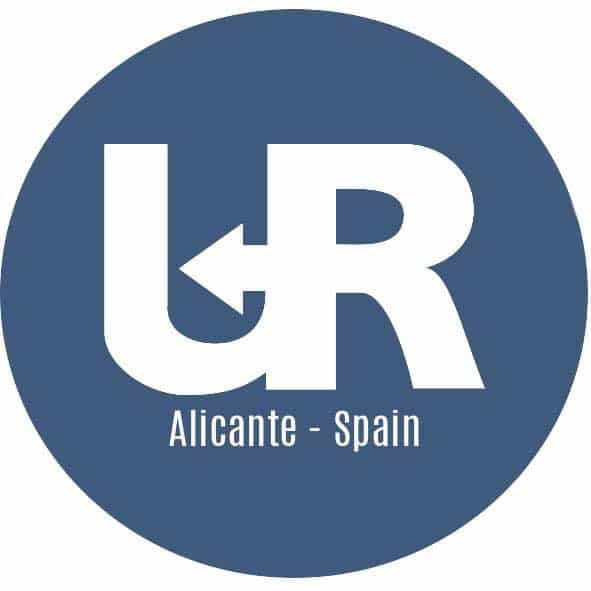
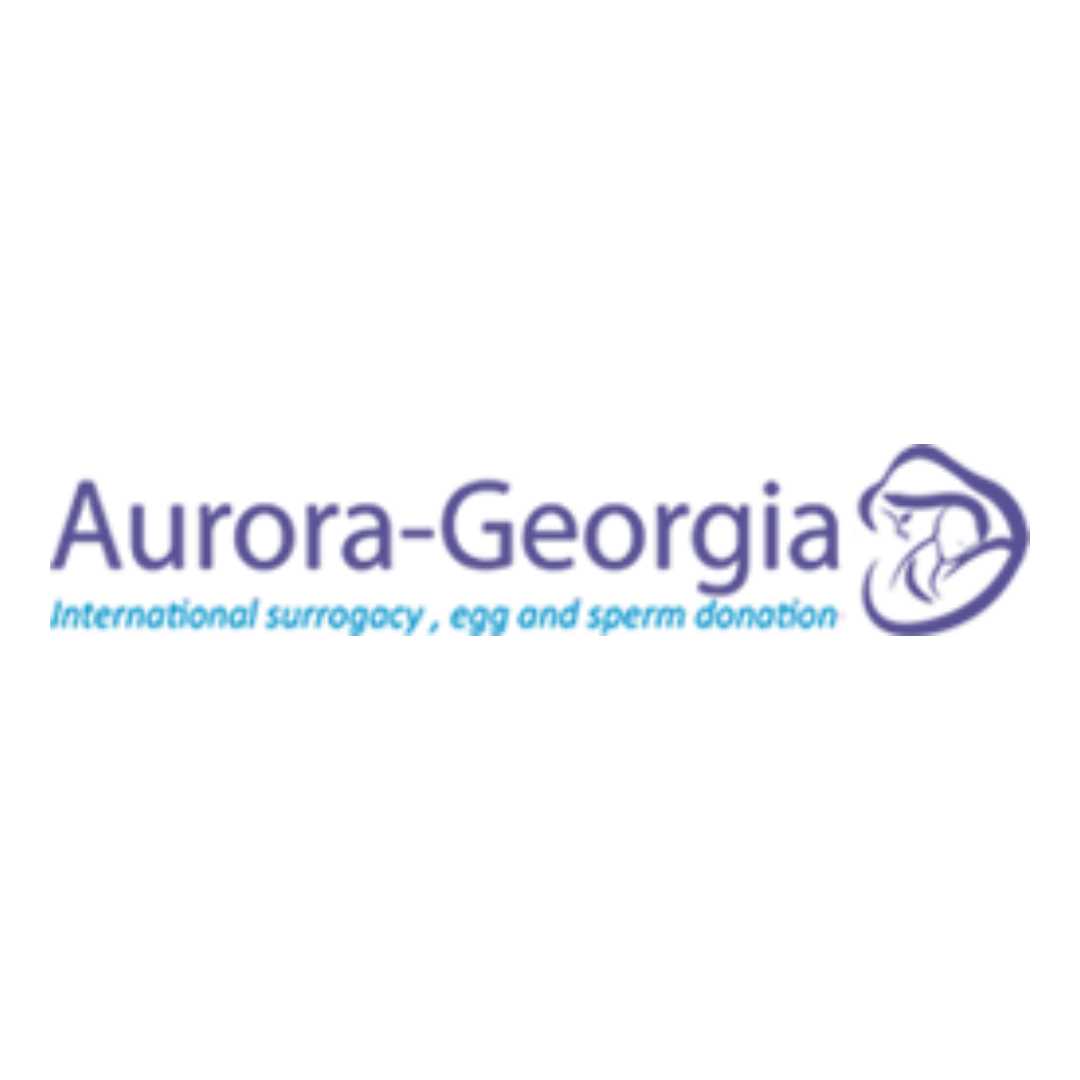
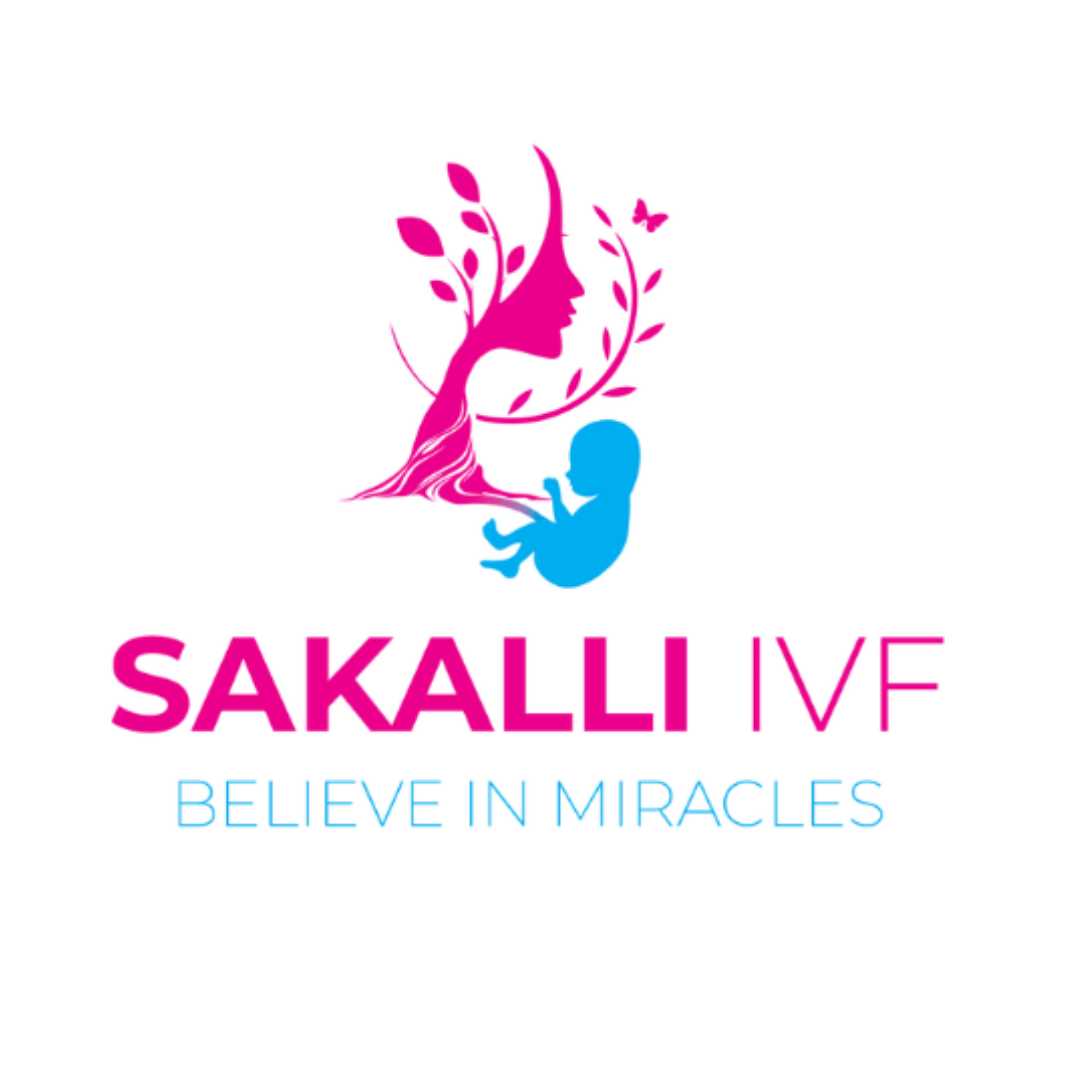
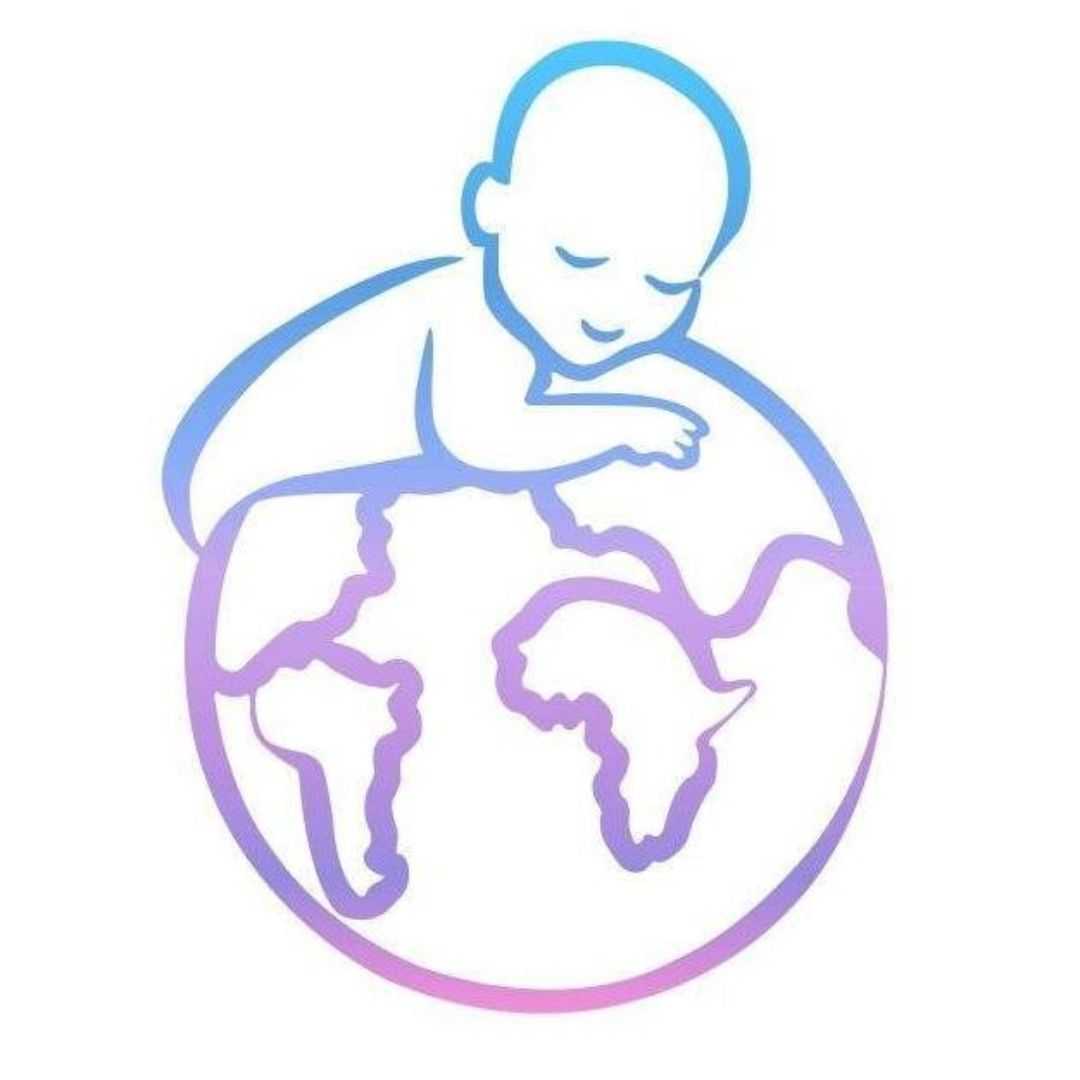

Share this listing